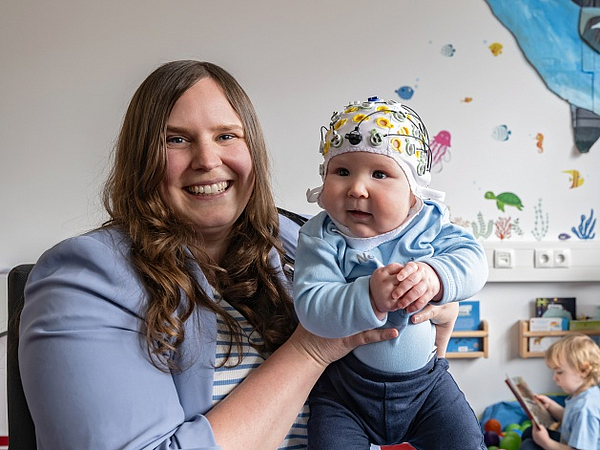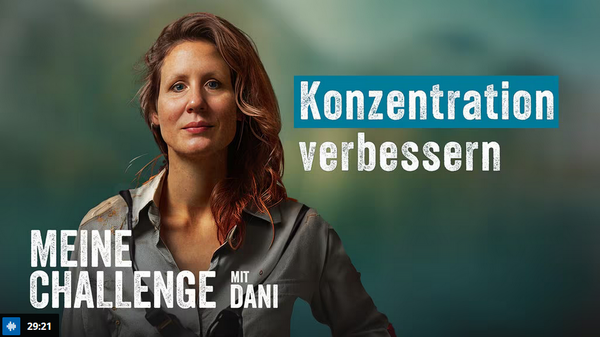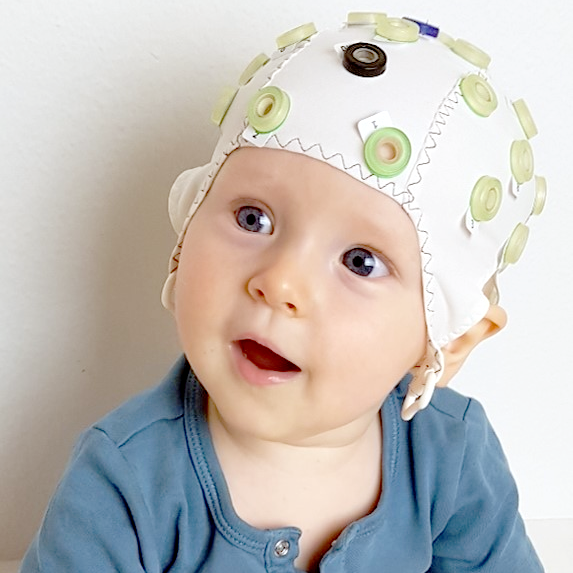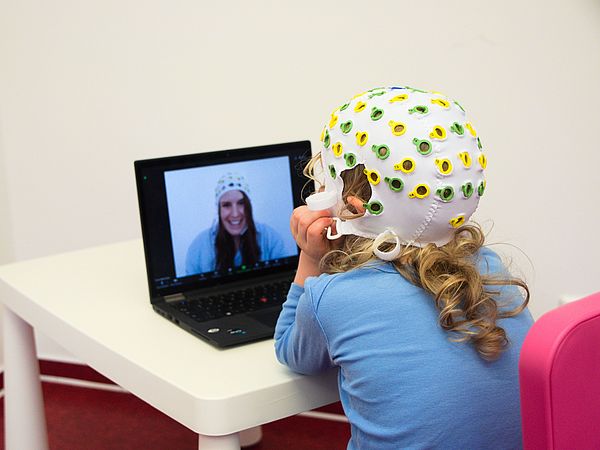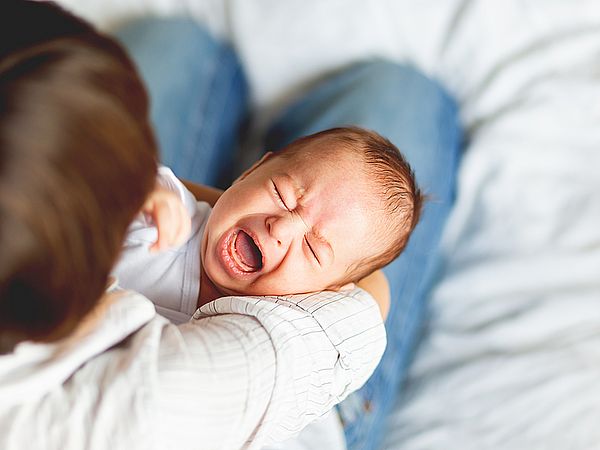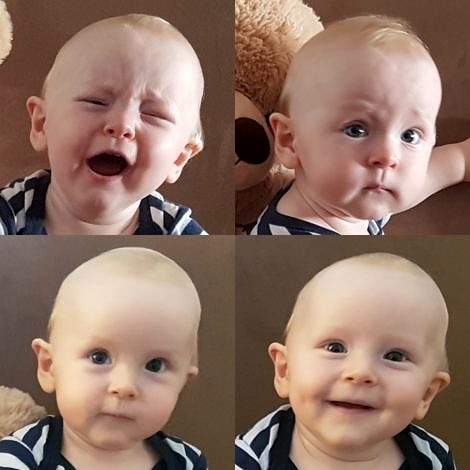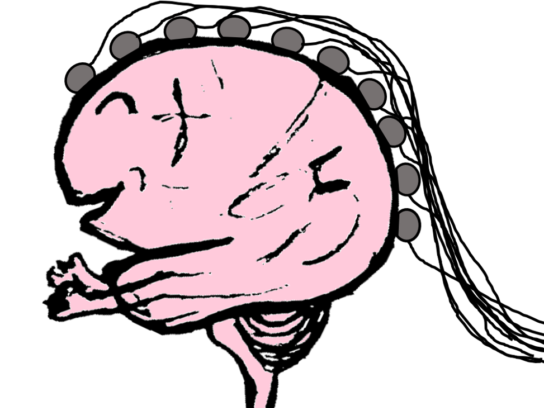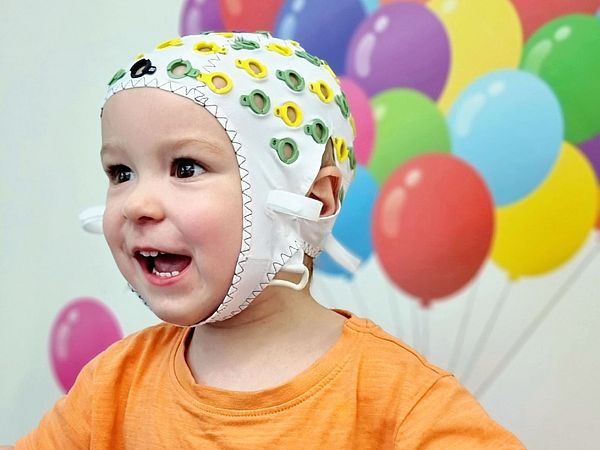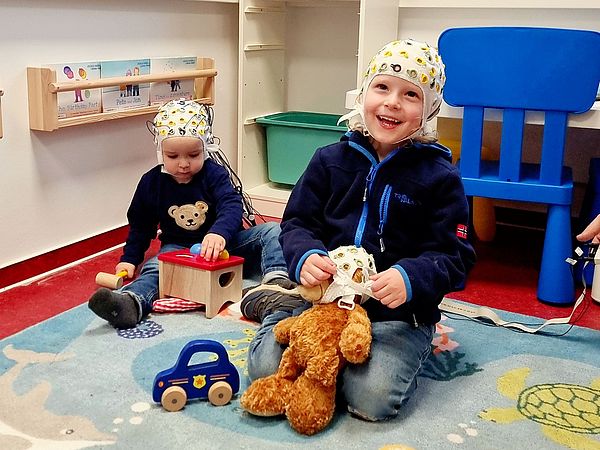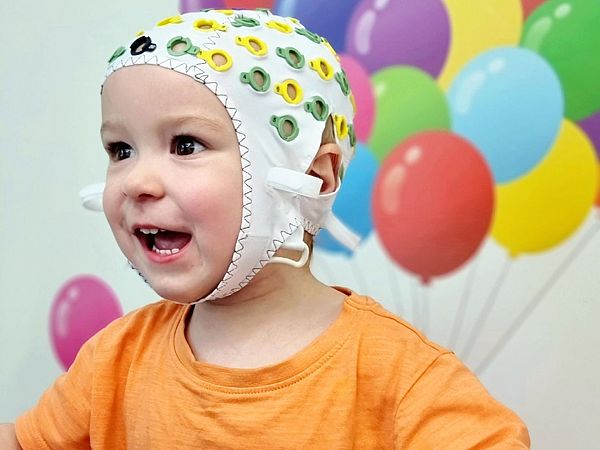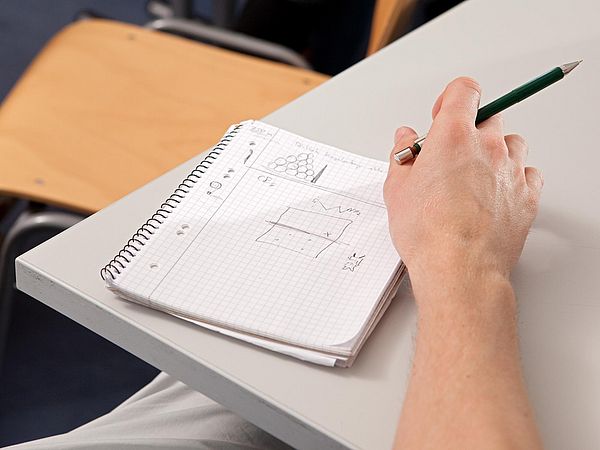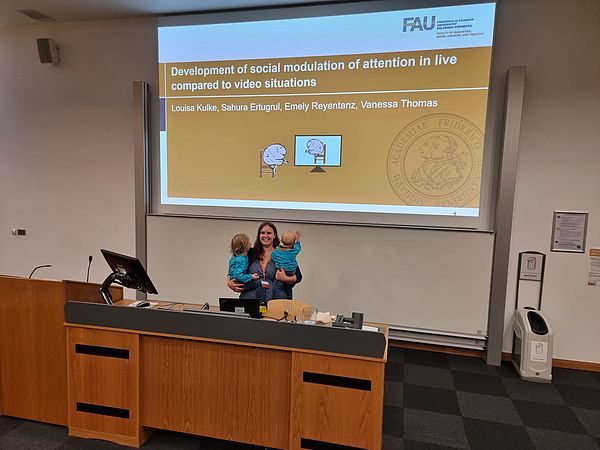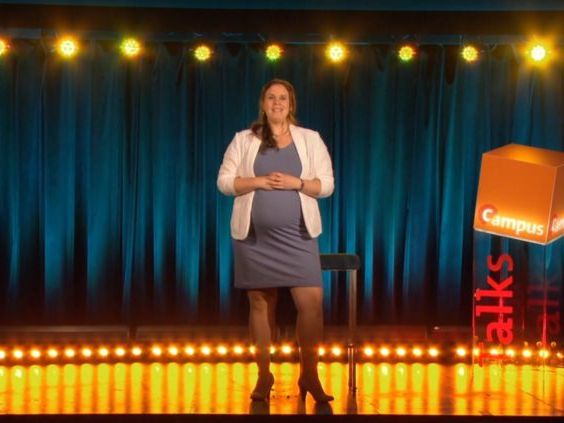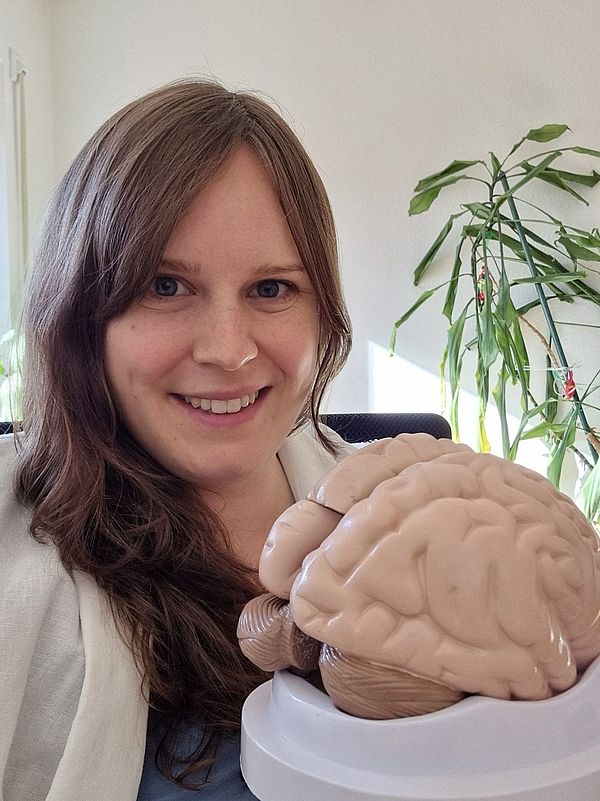Department of Developmental and Educational Psychology

The Department of Developmental Psychology with Educational Psychology dedicates its research and teaching to the neuroscientific and cognitive foundations of human development. In particular we research
Attention,
Emotions,
Social situations.
Using EEG and eye-tracking, we measure the underyling brain mechanisms of what infants, children and adults focus their attention on.
What changes?
- Babies can open their eyes and see while still in the womb.
- However, newborn babies still have fairly blurred vision. Only at 8 months do babies see about as clearly as adults.
- Babies also see colours differently: newborns do not yet see big differences in colour. From 4 weeks onwards, babies become better at recognising the difference between red and green, and from 6 months onwards, differences between blue and red. At 2-5 months, colour perception develops very quickly and reaches adult level.
- If you would like to try out how your baby sees the world with your own photos, you can do this with the linked app: apps.apple.com/us/app/babysee/id656222340
If you would like to find out more about how your baby sees the world, you are welcome to join the Neuro-Kids programme
Video by Prof Kulke on the social development of babies
Prof Kulke gave a lecture on the topic of "Social development of babies" in the series Wissen um 11. More information at https://www.hausderwissenschaft.de/Soziale-Entwicklung-von-Babys.html
This can now also be viewed on YouTube at https://www.youtube.com/watch?v=sHLhdHYtQiU






